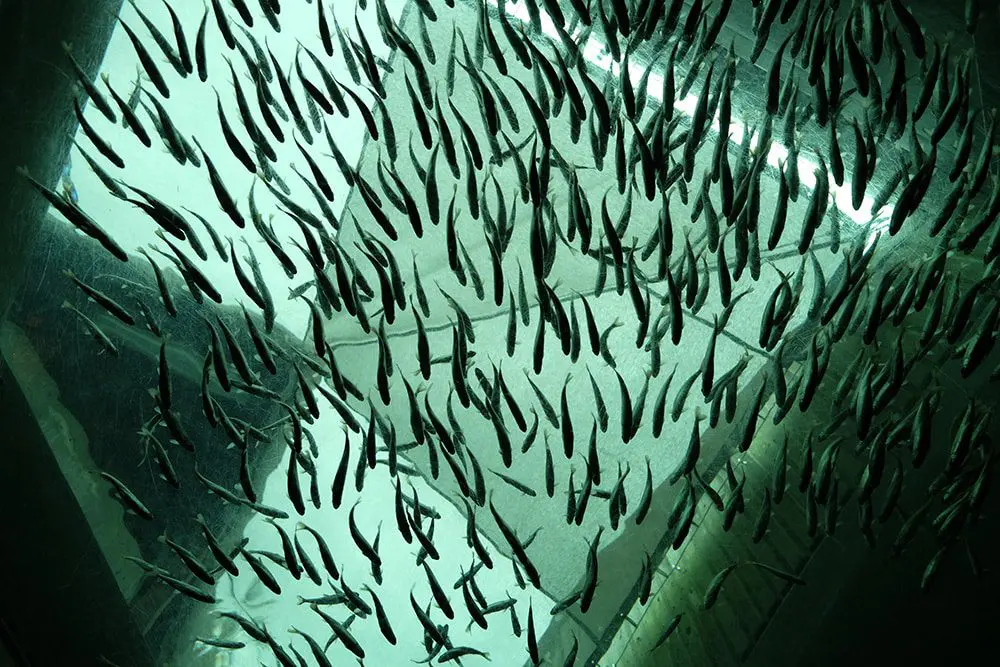During today’s Agriculture and Fisheries Council in Brussels, ministers agreed on a set of conclusions for the further development of sustainable aquaculture in the EU.
Ministers welcomed the strategic guidelines for a more sustainable, resilient and competitive EU aquaculture for the period 2021 to 2030 proposed by the European Commission. They also underlined the importance of giving the appropriate high priority to the sector. The Council voiced its support for the development of new freshwater and marine aquaculture methods with low environmental impact and emphasized the need to ensure the provision of nutritious, healthy and safe food and to reduce the EU’s high dependence on imports of fishery and aquaculture products, therefore contributing to food security.

Today, we managed to agree on the main direction for further development of the aquaculture in the EU. It is a fast growing and also diverse sector, producing both marine and freshwater species. I truly believe aquaculture plays an important role in strengthening our food security, but also in contributing to our goals set in the European Green Deal, Farm to Fork and EU biodiversity strategy. Highlighting the main challenges and threats can help us to increase the competitiveness and resilience of the aquaculture sector in the EU.
Zdeněk Nekula, Czech Minister of Agriculture
In this context, ministers pointed out the need for intensive cooperation between all relevant stakeholders in order to implement aquaculture guidelines, as well as the need to always take into account the specificities of each type of aquaculture system, both marine and freshwater. Ministers further noted the necessity to dispose of the used water in accordance with applicable law and the fact that the emission of certain amounts of nutrients into the water cannot be entirely avoided. They called on the Commission to improve coherence between the objective of a growing sustainable aquaculture sector in the EU and the EU environmental legislation.
Ministers also noted with concern the growing populations of predators, in particular protected species such as cormorants and otters, which have become a considerable challenge for aquaculture operators, causing significant damages to many businesses. As such, they urged the Commission to identify effective and efficient EU-wide management measures to prevent and reduce the damage caused by these predators. They also underlined the importance of disease management, in which animal welfare and research play a key role.
Finally, ministers stated that further steps in increasing the environmental performance of EU aquaculture include the growth of organic aquaculture, as envisaged in the Farm to Fork Strategy and the Action Plan for the Development of Organic Production. As such, they invited the Commission to consider proposing an amendment to the regulation on organic production and labelling of organic products, which currently only allows the certification of shellfish and fish farming as organic under very strict conditions. Some freshwater, marine and other aquaculture systems achieve higher environmental performance, but there is currently no EU level scheme to label or certify sustainable products and no conditions are set to favour these types of aquaculture. Ministers therefore invited the Commission to propose the establishment of a transparent EU system for recognising and rewarding producers for aquaculture management that is environmentally friendly or enables additional ecosystem services, to motivate producers and ensure a long-term support scheme for these activities. They also recommended increasing consumer awareness of all the benefits of aquaculture.
Council Conclusions on the EU’s new aquaculture strategic guidelines
MEPs endorse alleviating consequences of war for EU fisheries and aquaculture







